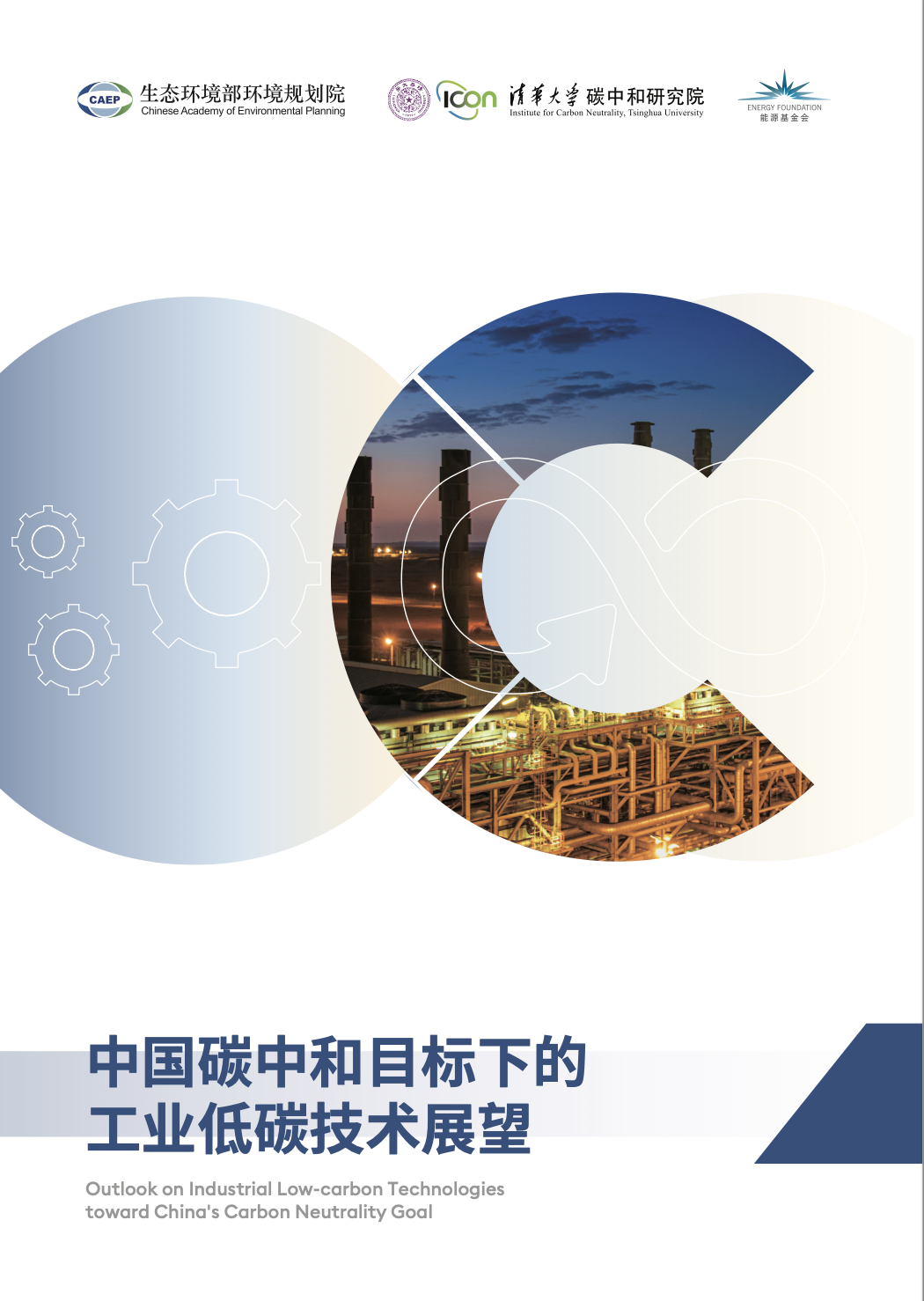
The launch event for the report Outlook on Industrial Low-carbon Technologies toward China's Carbon Neutrality Goal was successfully held at Tsinghua University’s Institute for Carbon Neutrality on May 28. Jointly initiated by the Institute and supported by the Energy Foundation China, with the Chinese Academy of Environmental Planning (CAEP) as the lead author, the report brought together over 20 experts from more than ten institutions to discuss key issues and pathways for industrial decarbonization. The event was co-chaired by Fu Sha, Strategic Planning Director at the Energy Foundation China, and Professor Zhang Qiang, Associate Dean of Tsinghua’s Department of Earth System Science.
In their opening addresses, He Kebin, CAE Academician and Director of Tsinghua’s Institute for Carbon Neutrality, Wang Jinnan, CAE Academician and Honorary President of CAEP, and Zou Ji, CEO of the Energy Foundation China, emphasized that deep industrial decarbonization is crucial for achieving China’s dual carbon goals and high-quality development. They highlighted the central role of technological innovation in enabling a green transition across industrial sectors.
Yan Gang, Vice President of CAEP and lead coordinator of the report, presented its key findings. The report systematically outlines critical technological pathways for industrial carbon neutrality, projecting a 95% reduction in industrial CO₂ emissions by 2060 compared to 2025. Four key technologies—raw material substitution & waste recycling, electrification & clean power, hydrogen substitution, and CCUS—are expected to contribute nearly 80% of emission reductions. The report also proposes staged technology roadmaps and policy recommendations, including integrated demonstration projects, carbon market incentives, fiscal support, and R&D initiatives.
A roundtable discussion featured experts from government, research institutes, and industry associations, including Liu Bingjiang, Liu Yang, Bai Rongchun, Li Junfeng, Zhang Xian, Li Bing, He Jie, Li Yongliang, Wu Lixin, Wang Jianlei, and Wu Yapan, moderated by Professor Zhang Qiang.
The report was developed by over 40 experts from 24 institutions, incorporating input from technical forums, enterprise surveys across steel, cement, non-ferrous metals, petrochemicals, and coal chemical sectors, and reviews by more than 20 senior specialists.
The event was attended by representatives from over 10 media outlets, including China Daily, People’s Daily, and The Paper, and was live-streamed across multiple platforms, attracting more than 35,000 online viewers.
 Latest recommendations
Latest recommendations


